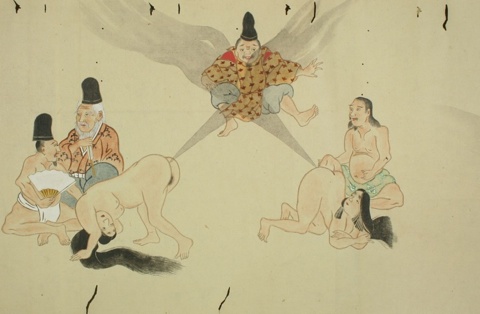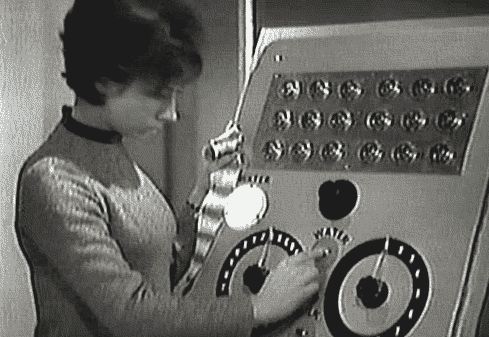At one point during the tour, Branca, an impeccably polite gentleman with enviable hair, opened the door to a dim, cavernous room and beckoned me in.
Here were acres of burlap sacks piled atop pallets and containing the 40 or so barks, roots, fungi, herbs, and spices that go into Fernet Branca. These include myrrh, gentian root, cinchona bark, orris root, zedoary, and saffron. To walk through the room is to reconnoiter a peculiar olfactory geography, crossing from the republic of one aroma into another, with the borderlands between the two sometimes under détente, but often not.
I ordered a Fernet Branca the other night. I ordered it because I liked the idea of drinking something that sounds like a Swiss mathematician. But it turns out that among the things I don’t particularly like are drinks that taste like iodine. In fact, drinking Fernet is a bit like tongue-kissing a First World War infirmary.
Having said that, I’m willing to give it another chance. This 2008 Atlantic article serves as a decent Fernet primer.


